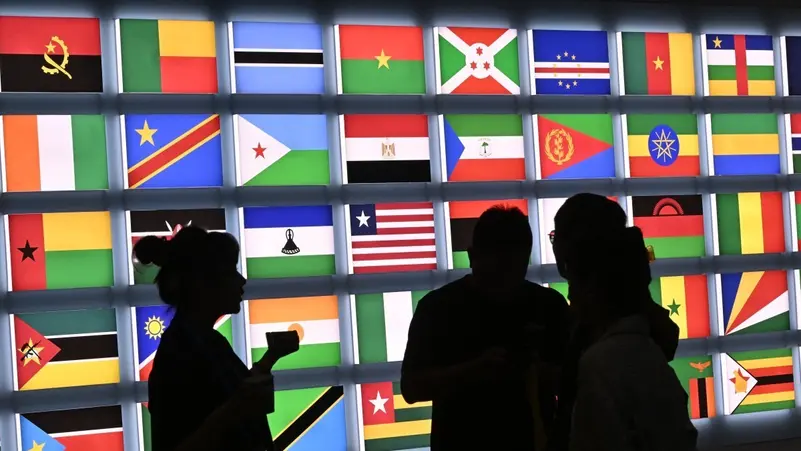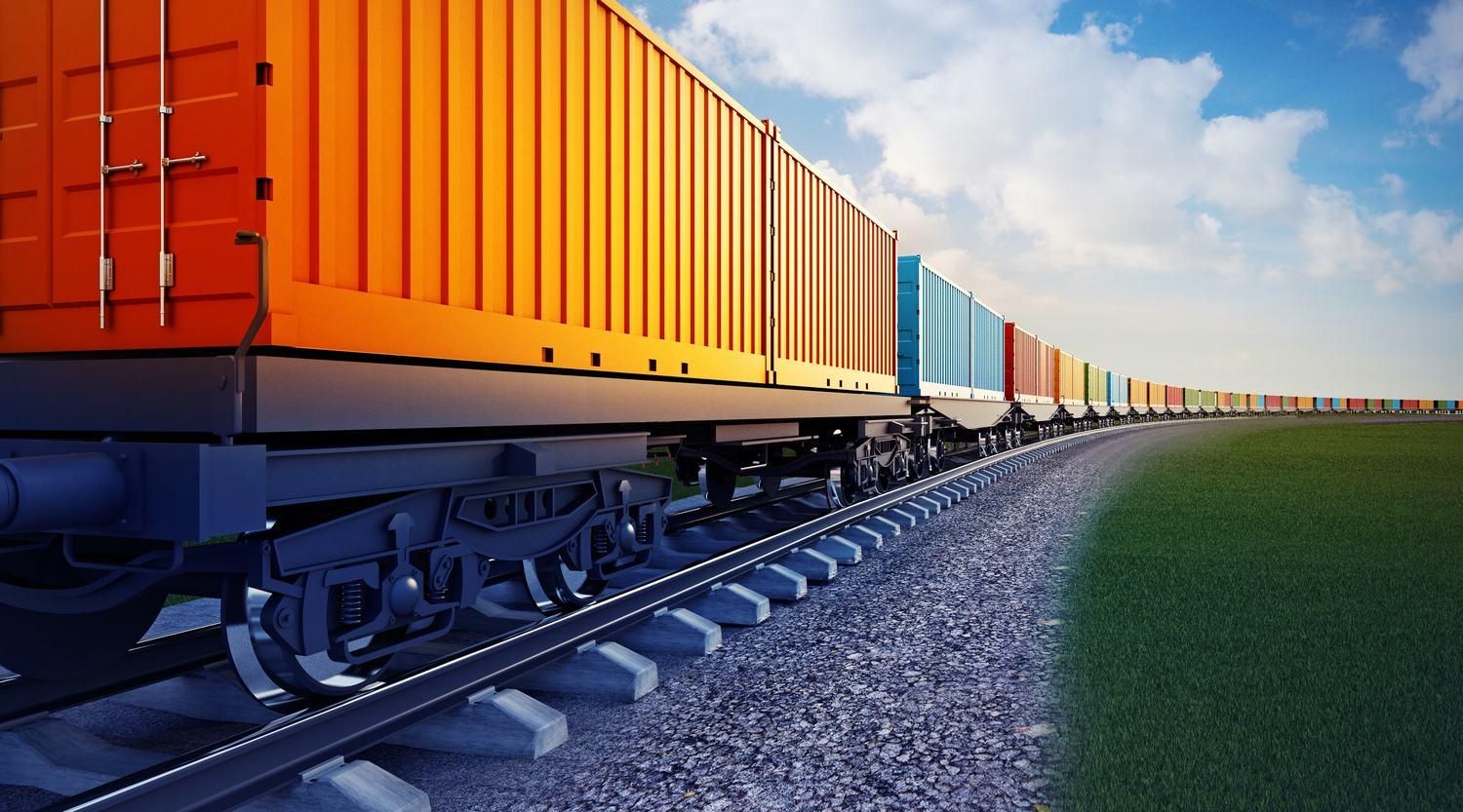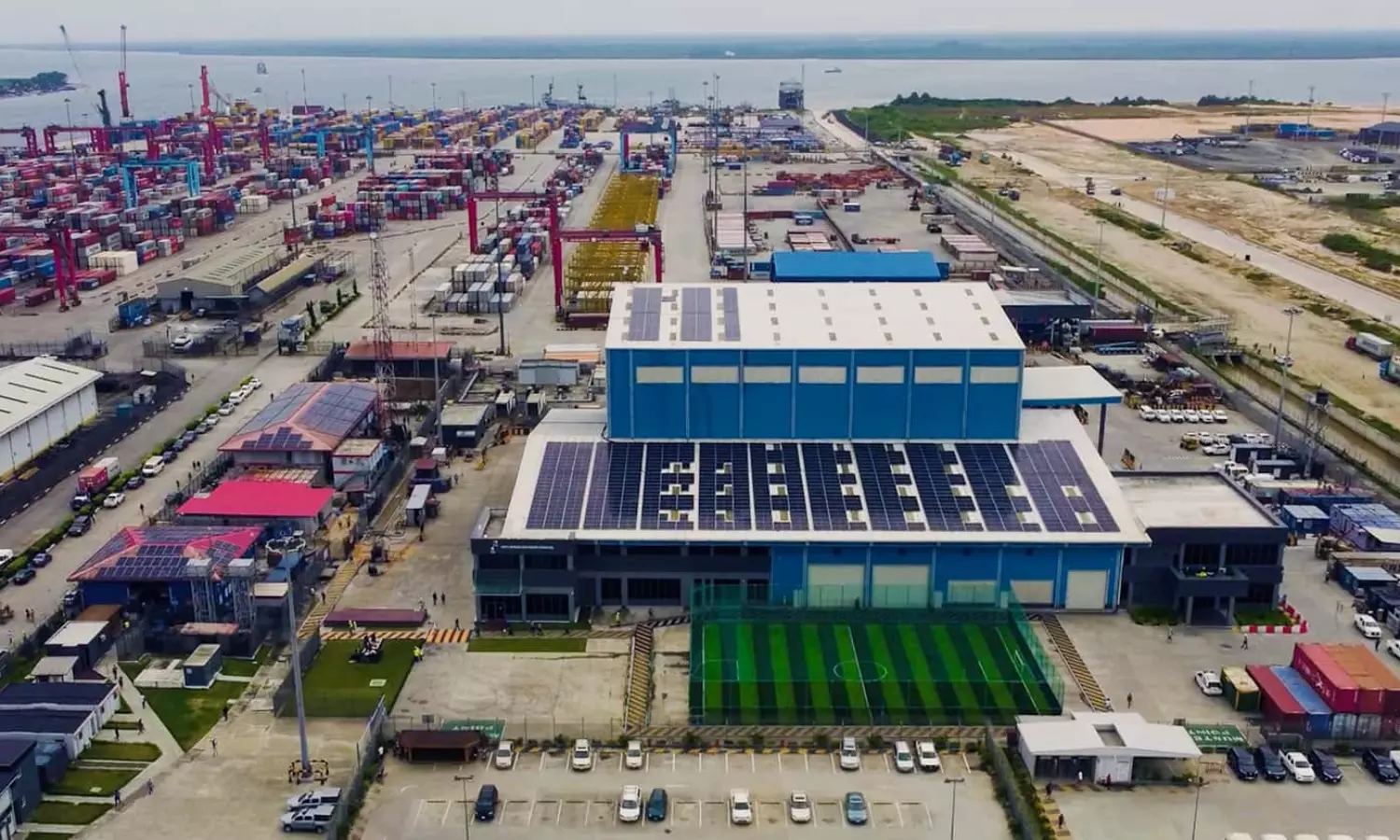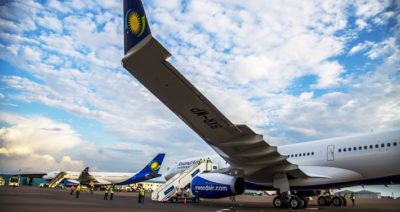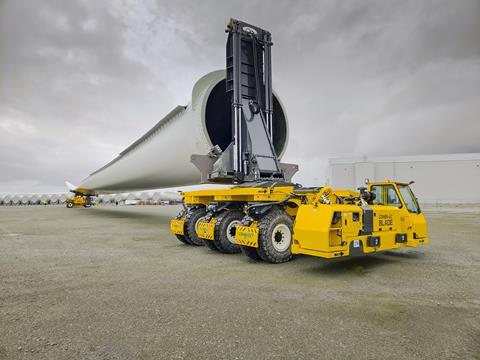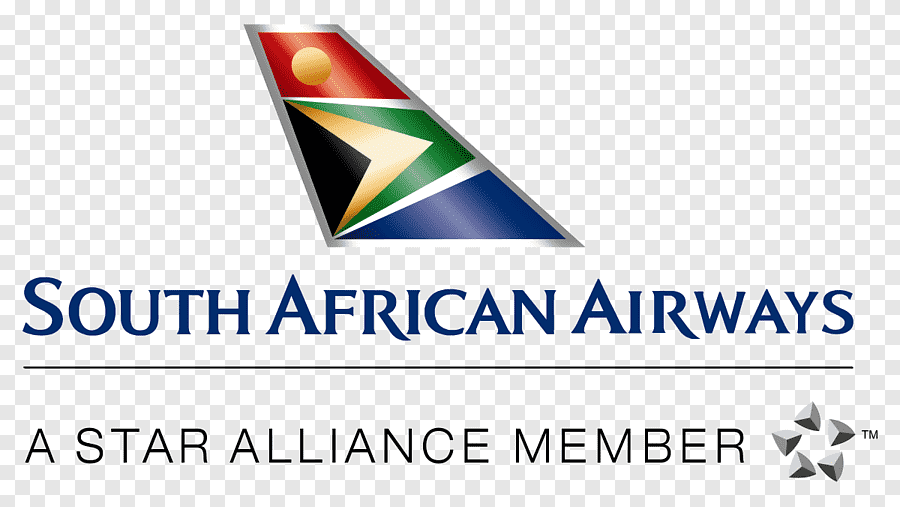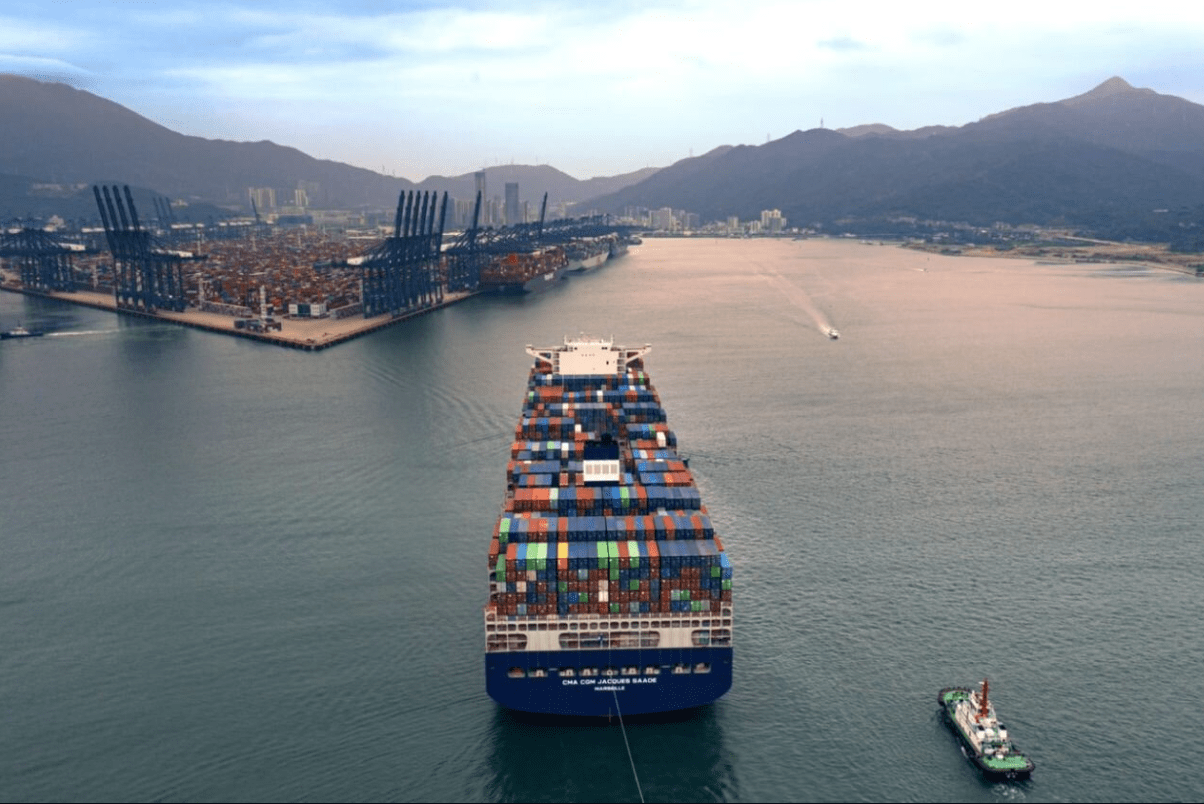Logistic

Experts urge multimodal transport solution as Nigeria’s logistics market nears $76.8b
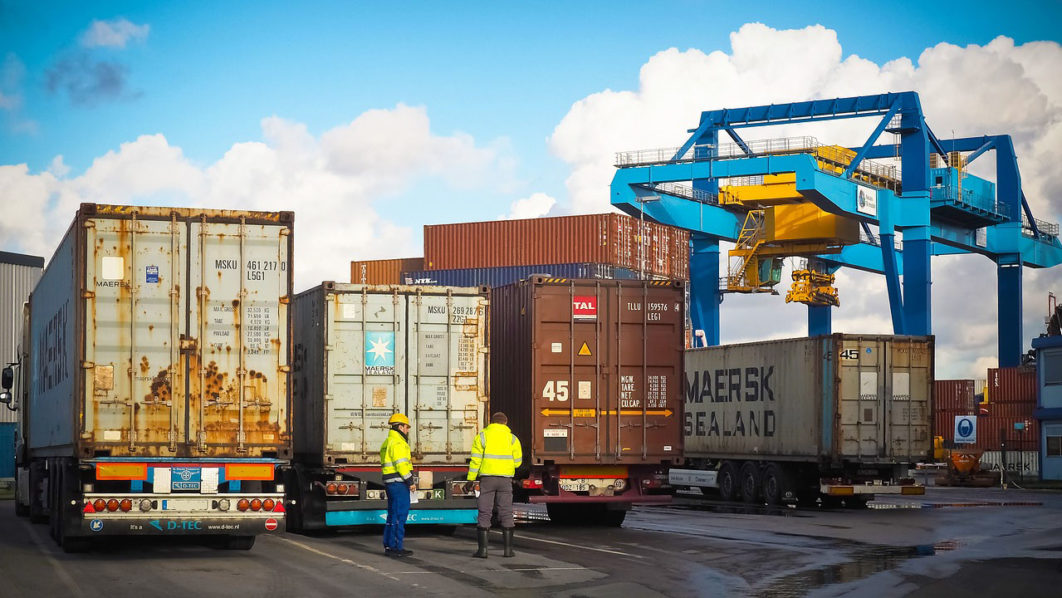
Experts have stressed the need for a multimodal approach to logistics sector development, particularly the integration of inland waterways, as container port traffic is projected to reach 1.67 million twenty-foot equivalent units (TEUs) by 2025.
According to Statista Market Insights, Nigeria’s transport and logistics market is expected to reach $76.8 billion by 2029, with a compound yearly growth rate (CAGR) of 0.75 per cent between 2025 and 2029.
The Country Representative of Port of Antwerp-Bruges International, Taiwo Olajide, said the figure depicts how much the transportation and logistics market can grow, noting that realising this growth depends on addressing key bottlenecks, including infrastructure deficits, safety concerns, limited integration with hinterland transport, port congestion and revenue losses.
He stated this in his presentation yesterday, at the Nigerian Belgian Chamber of Commerce (NBCC) and Olisa Agbakoba Legal (OAL), B2B Networking Breakfast Event in Lagos, themed: ‘Sharing Experiences About Building Business in Nigeria’.
Olajide said Nigeria’s transport and logistics sector plays a crucial role in driving economic growth, with roads handling about 90 per cent of passenger and freight movement.
According to him, a shift toward inland waterways could mitigate these challenges, offering a viable alternative for transporting bulk cargo. He also highlighted the untapped potential of the River Niger as a natural highway for cargo transport.
Olajide noted that by rehabilitating key logistics hubs along the river, such as Onitsha, Lokoja and Baro, Nigeria could create a more efficient, cost-effective, and sustainable transport system.
“Shifting cargo transport to the River Niger would not only ease pressure on the roads but also enhance trade efficiency by consolidating exports and distributing imports more effectively,” Olajide noted. He said the success would require significant investments in port rehabilitation, dredging and the modernisation of logistics hubs.
“As Nigeria continues to expand its trade and industrial base, integrating multiple transport modes, roads, railways, airports and waterways will be crucial in unlocking the sector’s full potential.
A former Director General of the Nigerian Association of Chambers of Commerce, Industry and Agriculture (NACCIMA), Dr John Isemede, emphasised the need for Nigeria to modernise its ports and diversify its maritime infrastructure beyond Lagos.
Isemede, a seasoned trade expert, outlined fundamental issues plaguing Nigeria’s ports, including high logistics costs, lack of a national shipping fleet, and poor integration of multimodal transport systems.
He further lamented that while countries like Belgium and the Netherlands have built robust maritime industries despite smaller populations, Nigeria continues to struggle with basic shipping infrastructure.
Isemede stressed that Nigeria’s over-reliance on government-driven policies has stifled trade growth, advocating for a stronger private sector role in port management and logistics. He cited international examples where ports operate as business hubs rather than bureaucratic bottlenecks.
“In advanced economies, ports function as efficient logistics hubs. The moment goods arrive, they are dispatched to their destination. In contrast, Nigeria still struggles with outdated processes that increase costs and delay trade,” he observed.
The Business Development/Trade and Permit Personnel, DEME Group, Gloria Agbara, who spoke about the activities of dredging, said the industry in Nigeria is facing significant challenges that threaten its growth and efficiency.
Agbara highlighted key issues that continue to hinder progress, including regulatory bottlenecks, government policies, funding/capital, community unrest, poor infrastructure, bureaucracy, security issues, multiple taxation and economic instability.
She said inconsistent regulations, lengthy approval processes, and frequent policy changes make it difficult for companies to operate smoothly, noting that this bureaucratic complexity not only slows down projects but also discourages potential investors who are wary of the unpredictable business environment.
Agbara pointed out that the lack of well-maintained roads, unreliable power supply, and inadequate port facilities make it challenging to transport dredged materials efficiently. These infrastructural gaps increase costs and slow down project completion times.She called for streamlined regulatory processes, improved security measures, and increased government support for infrastructure development.



